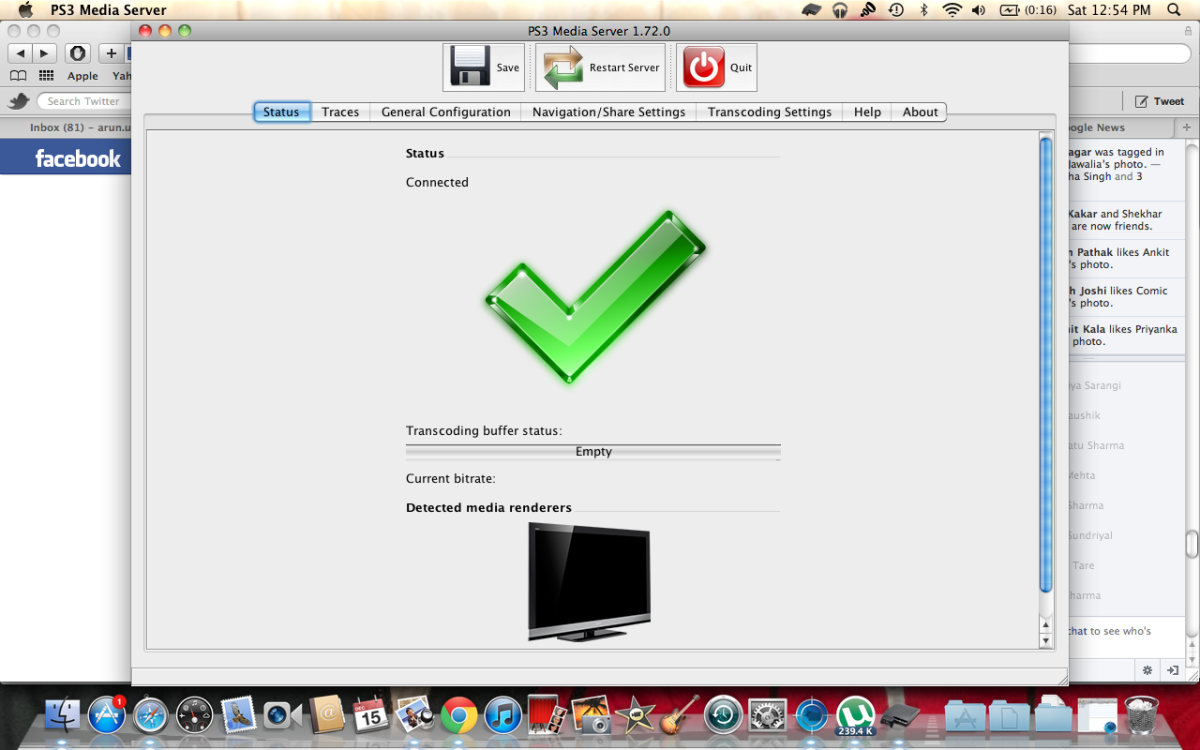Emerging Web Technologies

Introduction
I will be updating this article indefinitely as I am constantly eyeing for emerging technologies particularly in web development, rich media development, social media development, user interface, user experience, software and hardware, third-party services, development processes and systems administration. There are too many technologies and iterations available. To prevent conflicts and information overload, I am presenting these ideal rosters based on my personal opinion. If you think yours is more sensible to consider, due to environment and situation, than those included in this list, then feel free to alter some entries in this technology list.
Front-End Development
I did summarize the technologies and libraries I would prefer for modern Web Development concerning Front-End:
- HTML5
- CSS 3
- JavaScript
- Vue.js
- Twitter Bootstrap
- LESS
Back-End Development
Here is the complete back-end stack I would recommend for fast and scalable web application:
- Ubuntu/Linux
- NGINX
- PHP 7
- MariaDB
- Laravel 5.5
Media Editing
Listed below are the tools and softwares you need to utilize in order to create and optimize image and video assets for web pages:
- Adobe Photoshop
- Adobe Premiere
- Adobe Media Encoder
- TinyPNG
- Favicon & App Icon Generator
Rich Media Development
Here are the tools and libraries, both HTML5 and Flash, necessary for modern development of Rich Media creatives:
- Adobe Flash
- ActionScript 3.0
- TweenMax AS
- GSAP JS
- Google Web Designer
Social Media Development
Here are the tools, APIs and SDKs needed to develop Facebook Apps, Twitter Applications, and SSO Applications:
- Facebook API
- Facebook Developer
- Facebook Page
- Twitter API
- Google API
SEO and SMO Technologies
Below are the most efficient tools and technologies for both Search Engine Optimization (SEO) and Social Media Optimization (SMO):
- Bing Toolbox
- Google Search Console
- Google Analytics
- Google Maps
- Facebook Open Graph
- Twitter Card
- Pinterest API
- Sitemap
- Robots.txt
Data Aggregation
Below are the following terminologies, formats and technologies you need to consider for data passing, aggregation, integration and syndication:
- JSON (JavaScript Object Notation)
- AJAX (Asyncrhonous JavaScript and XML)
- CSV (Comma-Separated Values)
- XML (eXtensible Markup Language)
- RDF (Resource Description Framework)
- RSS (Really Simple Syndication)
- HTTP Methods
- GET
- POST
- HEAD
- PUT
- DELETE
- OPTIONS
- CONNECT
- CORS (Cross-Origin Resource Sharing)
- Query String
Coding Environment and Tools
I will list all tools and third-party applications that I often use together with coding, testing, file-transfer and saving:
- Notepad
- Sublime Text 3
- Google Suite
- Dropbox
- Github
- JSFiddle
- Pastebin
- Putty
- FileZilla
- Google Chrome
- Mozilla Firefox
- Apple Safari
- Microsoft Edge
- Opera
System Administration
Here is a list of third-party providers of System Administration functions such as Domain Name Registration and Management, Web and Cloud Hosting, Dedicated IP and SSL Integration, Dedicated Virtual Servers, Ports and Security Policies and Infrastructure Scaling.
- GoDaddy
- Bluehost
- AWS EC2
- AWS S3
- AWS Route 53
- AWS RDS
Conclusion
I can conclude that if you are knowledgeable of the technologies listed above, you can call yourself a fully fledged web expert which is, in my own opinion, way better than a full-stack developer. You know how internet works, you know how software works with hardware, you can design and animate, you can program and develop applications, you can deploy and troubleshoot, you can analyze and optimize data, and most of all, you simply enjoy the evolution of internet technologies.
© 2017 Jonathan Discipulo








